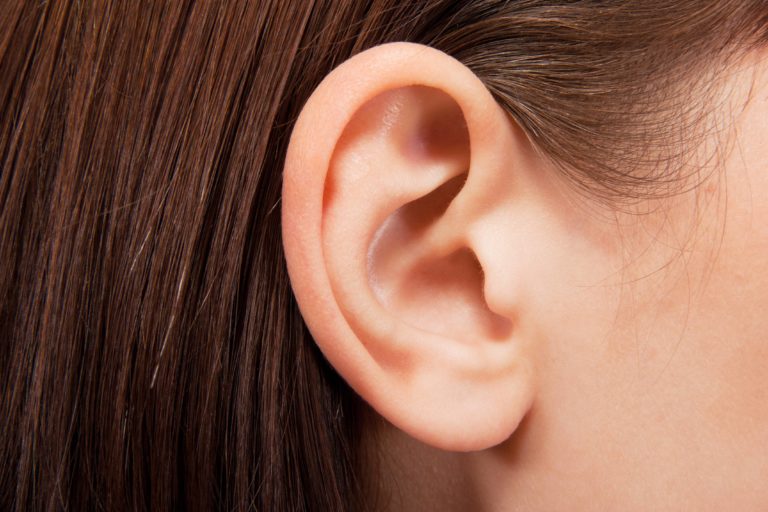
6. Take small steps to avoid gum disease
A good oral hygiene routine will help keep gum disease (which can lead to sensitive teeth) at bay. Without correct brushing and flossing and, of course, regular visits to your dentist, bacteria from food will basically gather around your teeth and harden into tartar which starts to push back your gums and expose the nerves, notes the ADA. Other factors that can contribute to gum disease as well are tobacco, oral piercings, and some hormonal changes in females.
Symptoms of gum disease other than sensitive teeth include red, swollen, bleeding or painful gums, pain when you chew, loose teeth, persistent bad breath and retreating gums, says the National Institute for Dental and Craniofacial Research (NIDCR).
Dry mouth, medically called xerostomia can also lead indirectly to sensitive teeth. “The bacteria that prefer a dry mouth are some of our more aggressive ones and without the buffering and washing action of enough saliva, the risk of dental decay (cavities) goes up, which leads to increased sensitivity,” explains Dr. Messina.

























